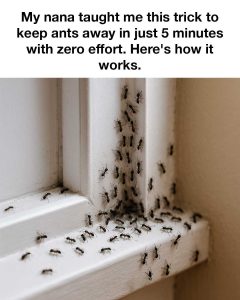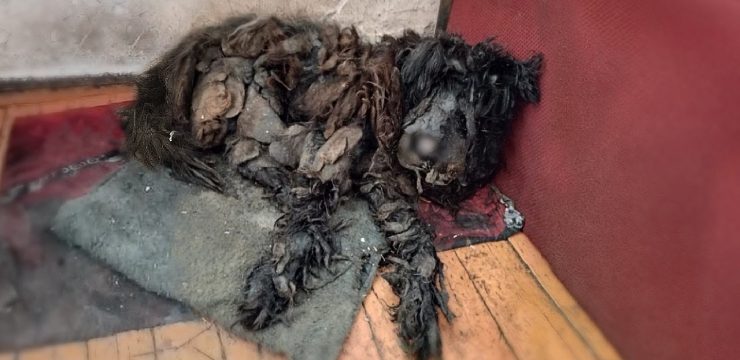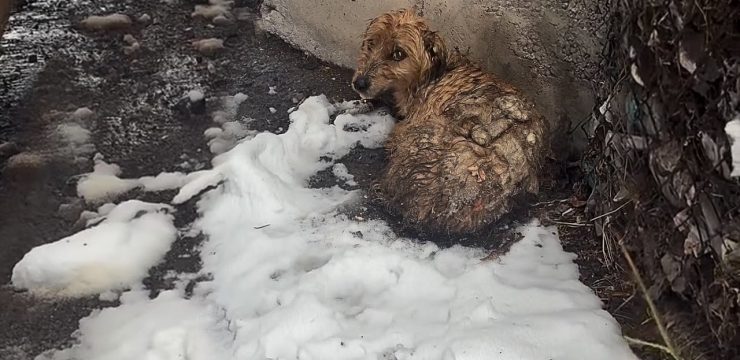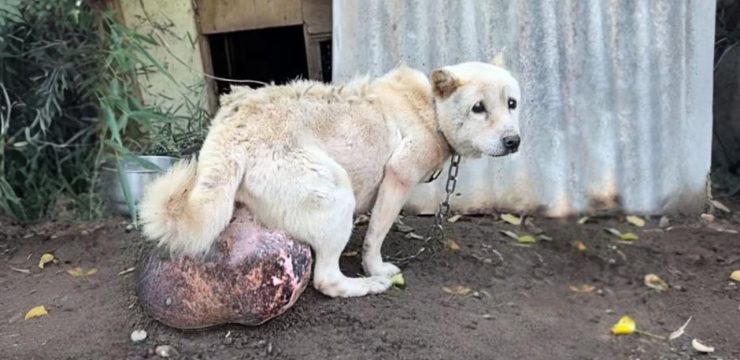Ants are some of the most persistent pests homeowners face, especially when the weather starts to warm up. These tiny invaders often appear out of nowhere, forming steady trails across countertops, sneaking into pantry items, and turning kitchens into battlegrounds. While numerous commercial ant repellents exist, many of them come with strong chemical components that can pose risks to pets and children. For families looking for a safer, more natural option, there’s good news—there’s an easy, chemical-free remedy you can try right at home, and it’s something my nana swore by for years.

Growing up, I watched my nana handle all sorts of household issues with homemade solutions. One of her favorite and most effective tricks was keeping ants away using nothing more than white vinegar and water. It sounds simple, but it’s incredibly effective. Not only is it non-toxic and safe around pets and kids, but it also costs almost nothing and works fast.
Ants live in organized colonies and are always on the lookout for food and water. They send out scout ants to find a good source, and once they do, they lay down invisible pheromone trails to guide the rest of the colony to it. That’s why, when you see one ant on your kitchen counter, you can be sure more are on the way. These scent trails are key to how ants operate—and that’s exactly where nana’s trick comes in.
Her method was straightforward. She mixed equal parts white vinegar and water in a spray bottle and used it to wipe down areas where ants were frequently spotted—windowsills, countertops, baseboards, door frames, and anywhere she suspected ants were entering. This solution not only wiped out the scent trails but also acted as a natural repellent thanks to the strong odor of vinegar, which ants absolutely hate.
Why does it work? The science is simple. Ants communicate and navigate by following pheromones—chemical trails they leave behind. Vinegar contains acetic acid, which disrupts these chemical trails, effectively confusing the ants. Without a scent to follow, they lose their sense of direction and give up their mission. It’s like trying to navigate without a map. And because vinegar has a powerful smell, it also creates an environment ants don’t want to enter. They’d rather move on than deal with the pungent odor.
Making this ant-repellent solution is easy and budget-friendly. All you need is one cup of white vinegar, one cup of water, and a clean spray bottle. That’s it. Most people already have these items in their home. White vinegar is a common household staple known for its versatility in cooking, cleaning, and even gardening. When mixed with water, it becomes a safe yet effective deterrent for ants.
To use this remedy, start by thoroughly cleaning the area where ants are active. Wipe away crumbs, spills, or anything else that might be attracting them. Then, fill a spray bottle with equal parts vinegar and water. Shake the bottle well to combine the two ingredients. Spray the solution directly onto areas where ants have been seen, along with any cracks or crevices they might use as entry points. Reapply daily, or whenever you notice ant activity returning.
The beauty of this method is how effortless it is. It takes just minutes to prepare and even less time to apply. There’s no need for complicated gadgets, no mixing of multiple ingredients, and no harsh chemicals. You’re using items you already trust and keep in your kitchen. Plus, it smells a lot better than commercial insecticides—and it doubles as a natural surface cleaner.
Beyond just driving ants away, this remedy offers a greener solution for your home. Vinegar is biodegradable and non-toxic. It doesn’t pollute the air or water, and it’s completely safe to use around children and pets. In contrast to many store-bought pesticides that contribute to environmental damage, vinegar gives you a way to protect your space while keeping your footprint light.
This trick is not just natural and safe—it’s also highly affordable. Pest control products can be expensive, especially if you need to use them regularly. But vinegar is cheap and multifunctional. By switching to this DIY method, you save money while getting the job done. It’s a smart choice for anyone who wants to maintain a clean and ant-free home without breaking the bank.
And this isn’t just a family legend. Many people have shared how well this method works for them. Jane, a mom from Ohio, shared that she tried it skeptically at first, but after a week, there wasn’t a single ant in sight. Mark from California said it changed everything for him—easy to apply and surprisingly effective. Stories like these show that this natural remedy is more than just a homemade hack; it’s a proven solution.
Of course, vinegar isn’t the only natural remedy gaining popularity. Other effective pest control tricks include diatomaceous earth, a fine powder that is harmless to people and pets but lethal to insects. It works by drying out their exoskeletons. There’s also growing interest in essential oils like peppermint or tea tree oil, which ants can’t stand. Mix a few drops with water and spray around windows, doors, and baseboards, and you’ve got another safe, effective deterrent.
In a world where more and more people are seeking cleaner, greener alternatives for their homes, simple solutions like my nana’s vinegar trick are making a big comeback. Not only does it keep ants away, but it also gives peace of mind that your home is safe, healthy, and chemical-free. It’s a reminder that sometimes, the best answers are the ones passed down from generations before us—solutions born from experience, practicality, and a whole lot of love.





